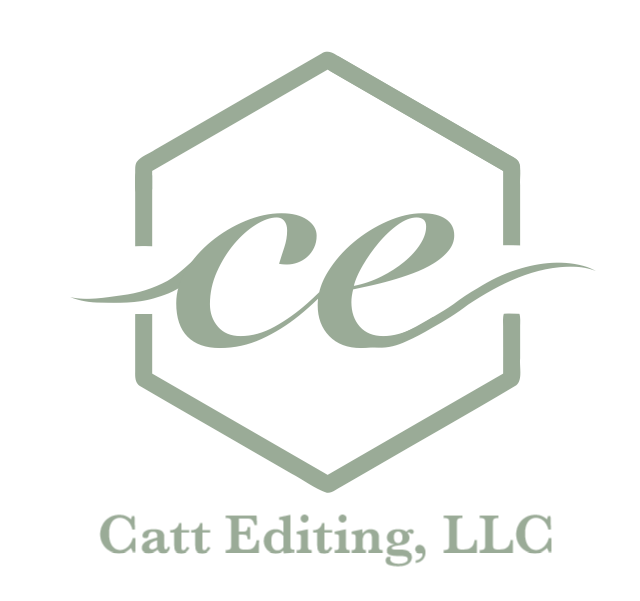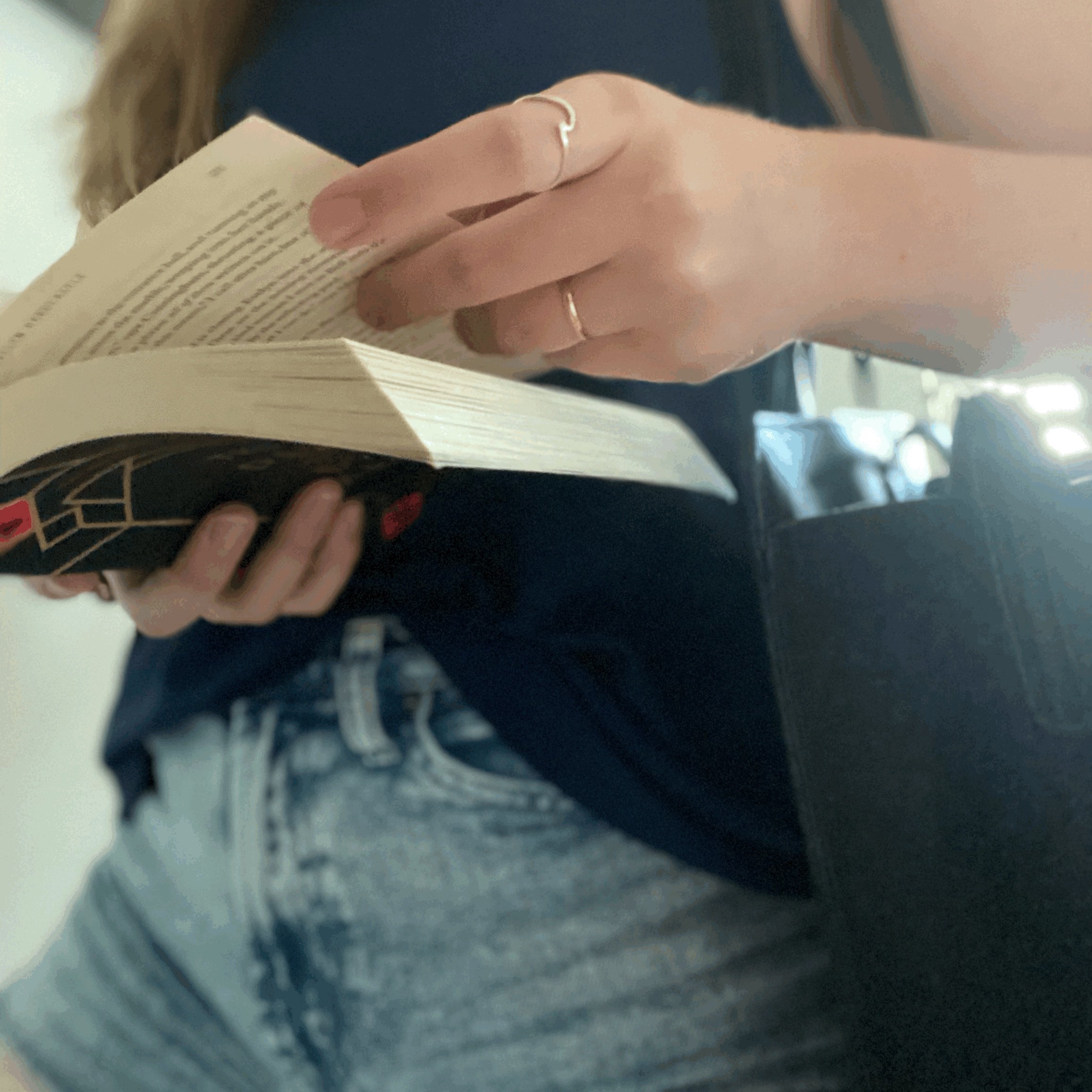
Looking for something specific?
Use the search bar below.
Does a Specific Audience Matter (in Nonfiction Books)?
Are you writing to experts in the field or someone who is just starting to learn about this topic? Are you writing to upper-class people, lower-class people, or people of all SES backgrounds? Are you writing to people in your geographical area only or anywhere in the world?
You don’t need to write to everyone.
Style Sheets
A style sheet is basically a smaller style guide customized to each project. Style guides tell us the rules of English. The purpose of style guides is to ensure consistency throughout writing so we know what a piece of text is talking about. What if there wasn’t a single source telling us how to use a semicolon? I think; we’d use them; whenever we wanted. And it would be; confusing for everyone involved. So style guides are important.
How to Outline a Self-Help Book
Have you wanted to write a book forever but thinking about staring at a blank page is paralyzing? Where do you even start?
Imagine if you could sit down every day (or however often) to write, and you knew exactly what to write about. What if you always knew exactly what came next and could pick up right where you left off each time?
3 Questions to Consider Before Drafting a Nonfiction Book
I know you’re probably eager to get started writing your nonfiction book (either memoir or self-help), but you need a plan first. It will be worth it to take the time now and figure out the answers to three big questions before you start writing.
How to Narrow Your Reader Audience
In this blog post, we’re going to talk about how to narrow your reader audience for nonfiction books.
Tricky Punctuation: Colon
Proper punctuation is really important! Today we will be learning about colons.
Tricky Punctuation: Parentheses
Punctuation can get really tricky! This post talks about how to use parentheses properly.
Using Real Names in Nonfiction Books
If you thank someone by name in the acknowledgments section of your book, you don’t need permission because it’s probably a positive or neutral mention. If you want to talk about how your stepdad ruined your life, you’ll need permission because that’s negative. Seems pretty easy, but when in doubt, always ask permission. I’ll mostly be talking about negative mentions in this blog post.
5 Ways to Improve Your Productivity as an Author
For authors, especially for self-publishers, writing well and writing fast are our bread and butter. If we cannot produce books, we don't make any money. And if we don't make any money, then writing is just a hobby.
For some people, that is just fine. Writing can be a hobby, and a very fulfilling one at that.
However, for the rest of us, if we want to make a living at writing books, we have to learn to write efficiently.
In this article, I will cover a few tips on how to do this.
Fiction Writing Exercises and Prompts for Writers
Writing exercises are a good way to practice without too much commitment to a story. The point is to write, as most of the time, the pressure is on how to start. Exercises like this can make you feel less overwhelmed and help you put pen to paper (or fingers to keyboard).
Gendered Language: Tips for Inclusive Writing
It’s very rare that someone intentionally goes out to exclude someone through their writing, and most people don’t mean to throw in sexist stereotypes when they’re writing a book. And yet it happens every day. . . . Why is this? And more importantly, what can we do about it?




















